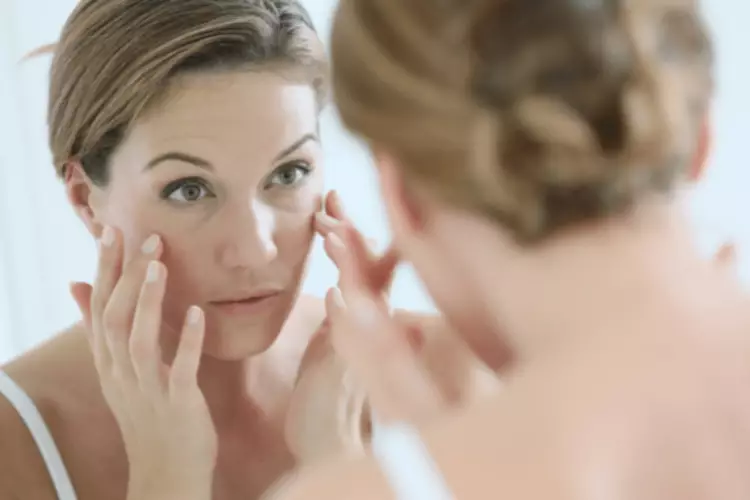Content
The DSM-5-TR defines a mental health condition as a collection of cognitive, emotional, and behavioral symptoms caused by physical, mental, or developmental dysfunction. Read on to learn why AUD is considered a mental health condition, which mental health conditions commonly occur alongside it, and treatment options. A BAC of 0.09% to 0.25% causes lethargy, sedation, balance problems and blurred vision.
Many people find that a combination of treatments works best, and you can get them together through a program. Some of these are inpatient or residential programs, where you stay at a treatment center for a while. Others are outpatient programs, where you live at home and https://ecosoberhouse.com/ go to the center for treatment. Trying to tough it out on your own can be like trying to cure appendicitis with cheerful thoughts. In an alcoholic, the brain’s pleasure centers, as well as neurotransmitters that affect brain stimulation, are essentially out of whack.
Alcohol and Linked Behaviors
Alcohol withdrawal symptoms usually start within eight hours after the last drink, but they can still occur days later. It can depend on how high-functioning the person with the disorder is and how long they’ve been in the cycle of addiction. Heavy drinkers and those who have lost control over responsible alcohol consumption also markedly increase their chances of dying from automobile accidents, homicide, and suicide. While relapse is a normal part of recovery, for some drugs, it can be very dangerous—even deadly. If a person uses as much of the drug as they did before quitting, they can easily overdose because their bodies are no longer adapted to their previous level of drug exposure. An overdose happens when the person uses enough of a drug to produce uncomfortable feelings, life-threatening symptoms, or death.
- Individuals with drinking problems improve their chances of recovery by seeking help early.
- Detoxification alone without subsequent treatment generally leads to resumption of drug use.
All Addiction Resource content is medically reviewed or fact checked to ensure as much factual accuracy as possible. As their condition progresses, their brain chemistry, gray matter, and the specific areas of the brain that are responsible for reward will become permanently altered. Usually, this is due to the way that they started out having a few drinks because they were feeling depressed or anxious over a situation. Those who don’t get the help they need may end up experiencing a multitude of physical and psychological problems.
Outlook and Support
This will result in an addiction to the substance that can’t be cured because there is no way to reverse the damage that has already been done. Many of the signs and symptoms of alcoholism occur because of a condition called Wernicke-Korsakoff https://ecosoberhouse.com/article/can-alcoholism-be-cured/ syndrome. That being said, there are many cases of people developing an addiction to alcohol when they had no previous family history of it. In turn, these neurochemicals cause the reward center of the brain to become activated.
By Michelle Pugle
Michelle Pugle, MA, MHFA is a freelance health writer as seen in Healthline, Health, Everyday Health, Psych Central, and Verywell. Women have a faster progression of AUD than men and are at greater risk than men for certain alcohol-related consequences. No content on this site, regardless of date, should ever be used as a substitute for direct medical advice from your doctor or other qualified clinician. Explore Mayo Clinic studies testing new treatments, interventions and tests as a means to prevent, detect, treat or manage this condition. Group therapy, led by a therapist, can give you the benefits of therapy along with the support of other members. After completing treatment, the thought of relapsing can be scary.
Drugs, Brains, and Behavior: The Science of Addiction
All three of these therapies have demonstrated their effectiveness. Psychologists can also diagnose and treat these “co-occurring” psychological conditions. Further, a psychologist may play an important role in coordinating the services a drinker in treatment receives from various health professionals. In fact, while in recovery, an alcoholic’s brain will create new neural pathways to help them experience pleasure from activities other than drinking. But, just like with any chronic disease, a lack of symptoms does not mean the disease is cured.

For most adults, moderate alcohol use — no more than two drinks a day for men and one for women and older people — is relatively harmless. (A “drink” means 1.5 ounces of spirits, 5 ounces of wine, or 12 ounces of beer, all of which contain 0.5 ounces of alcohol. I have come to believe that an uncompromising “abstinence-only” model is a holdover from the very beginnings of the recovery movement, almost 100 years ago, and our understanding has greatly evolved since then. That said, mutual help groups today do have a place in some people’s recovery and they can encourage the work of changing and maintaining change.
Treatment and Recovery
What essentially happens is that the body will start to crave alcohol because it gets rewarded with pleasurable feelings each time someone consumes it. Many years ago, those who struggled with alcohol addiction or dependency were considered to be people with weak morals who were missing the strong characteristics needed to overcome their struggles. Unlike food, which can take hours to digest, the body absorbs alcohol quickly — long before most other nutrients. It can be hard to decide if you think someone is drunk enough to need medical help. But it’s best to take action right away rather than be sorry later. You may worry about what will happen to you or a friend or family member, especially if underage.
AUD is usually treated with multiple methods, including behavioral therapies, medications, and support groups. While some research suggests that small amounts of alcohol may have beneficial cardiovascular effects, there is widespread agreement that heavier drinking can lead to health problems. Although severe alcohol problems get the most public attention, even mild to moderate problems cause substantial damage to individuals, their families and the community. Drugs used for other conditions — like smoking, pain, or epilepsy — also may help with alcohol use disorder. Talk to your doctor to see of one of those might be right for you. Others may want one-on-one therapy for a longer time to deal with issues like anxiety or depression.
